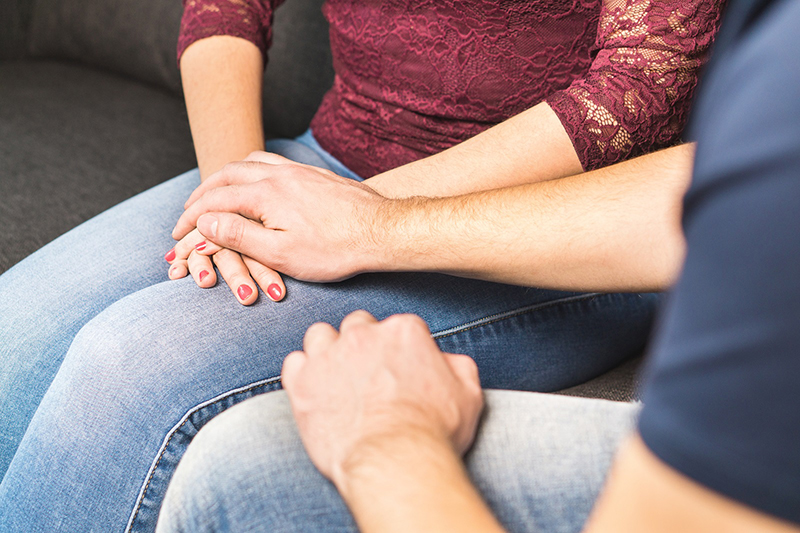
by Jannel Thomas, LCMFT
March 8th, 2024
Apologies are a great relationship tool that can help partners feel heard, seen, and understood. They are a chance for partners to acknowledge their role in the harm that has been done. They also create an opportunity for healthy communication by showing that you care about your partner’s perspective and feelings. However, apologies are not always received well or accepted by your partner. This can lead you to questioning: what went wrong? Here are some factors to consider when attempting to apologize to your partner:
1. Body Language – It is important for you to convey that your apology is sincere through open body language. Examples of open body language include eye contact, open posture, warm tone of voice, facing your partner directly, and being focused on your partner. If you do not use open body language when apologizing, you may unintentionally be communicating to your partner that your apology is not genuine or honest which is the opposite of what you want. In other words, when issuing an apology, it is important to be mindful of what you are communicating non-verbally, in addition to your word choice.
2. Word Choice – Be intentional about what you want to say when you apologize. A good apology takes ownership of your actions and its consequences. Avoid the word “but” when issuing an apology as it can invalidate anything that you said before it. For example, if you say, “I’m sorry, but you were making me feel upset.” This shifts the blame to your partner and thus deflects from you taking responsibility for your role in the interaction. Although it may take more work, planning out your apology ahead of time can help decrease the possibility of future conflict.
3. Validate Your Partner’s Feelings – Validation can be seen as a recognition that your partner’s feelings and opinions are worthwhile. An example might be, “I can understand why you were angry with me today.” Acknowledging your partner’s feelings conveys that you respect their feelings and care about them. Validating your partner’s feelings also communicates that you have good intentions in the apology.
Apologizing is not always easy. It can be hard to admit that you’re wrong, especially to someone you care about. However, apologies can go a long way in relationships as they usually have a positive impact on your partner and you! Hopefully by keeping these tips in mind your apology will resonate positively with your partner.


